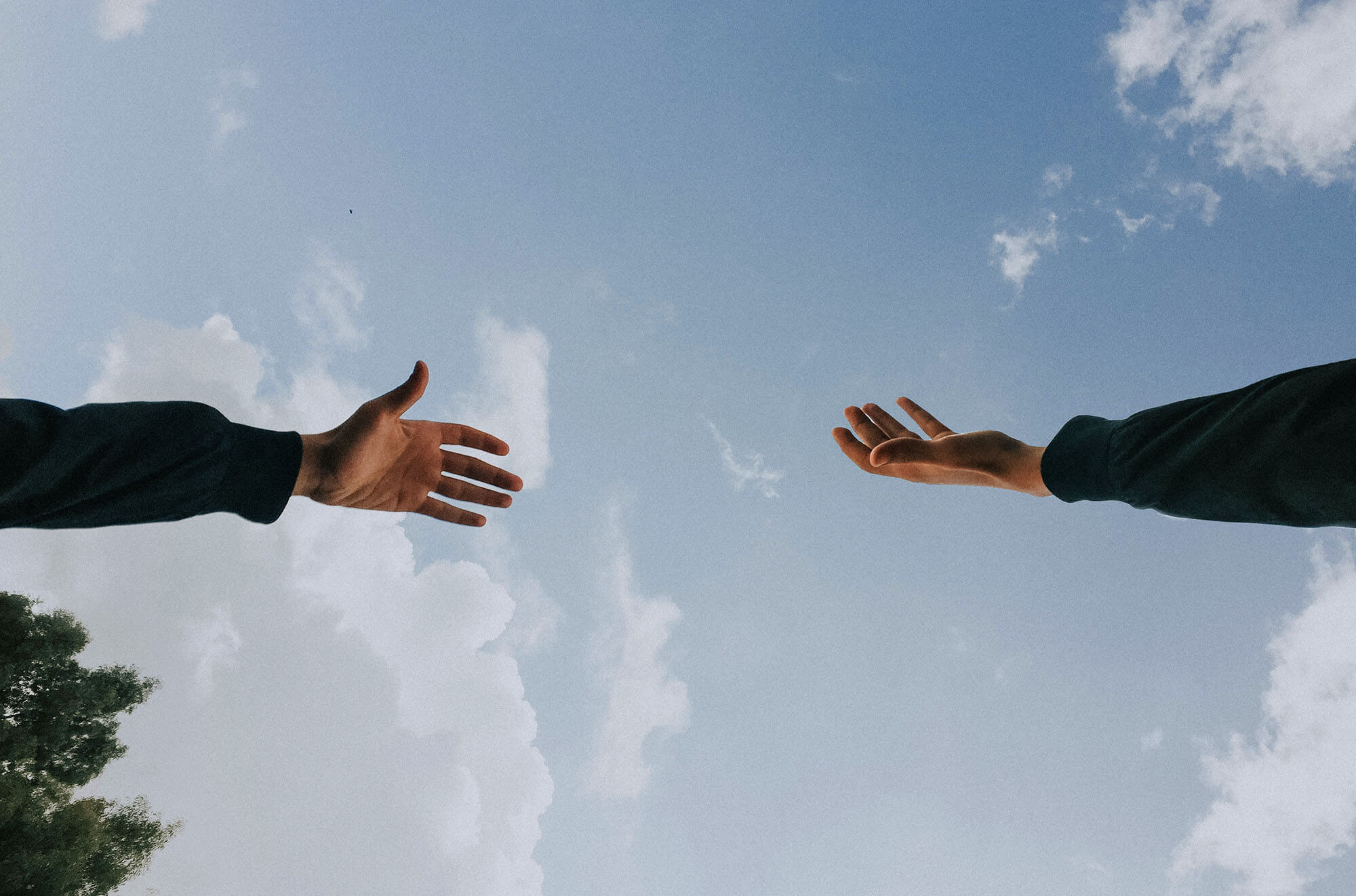I love interacting with our guests. Yes, these interactions can be stressful – think delay, missed connection or lost baggage. But most of the time they are interesting. Enriching. Fun. And sometimes they go straight into your heart.
During one of my recent intercontinental flights, I noticed a passenger having tears in their eyes. They told me a loved one was dying, that they are flying back home after the very last visit. I felt for them. I know how gut-wrenching letting go can be.
I decided to surprise that person with a small gift and a card I had drafted in the crew bunk during my break, with the intention of giving them a glimpse of hope in these dark times. Some curious colleagues gathered around me as I put the words onto paper, wondering why I’d write so much to someone I had never met in my life. When I finished, they pointed out the courage it must require to share personal experiences with a stranger.
Being vulnerable is often associated with courage. My guess is that this correlation is rooted in our upbringing. As children, we are honest and fearless about sharing secrets with our playmates. Growing up however, social conventions teach us about personal boundaries, school focusses on our shortcomings (and the shame that goes along with them) and the work environment establishes assumptions about our skills and capabilities based on perceived “fragility”.
But isn’t being vulnerable the most natural thing in the world? Isn’t it the basis for authentic connection? When you open up to someone and speak about your own hardship, insecurities or fears, you give them the possibility to relate and genuinely connect to you. You show them they are not alone, because you, too, have been in that dark place and that, even if they can’t see it right now, one day, light will enter their lives again.
The power of vulnerability cannot be overstated. It is that force that transforms strangers into friends, cultivates an environment of trust, and promotes true compassion. And it doesn’t matter in which context this interaction takes place because under the uniform we wear, behind the lingo we speak or without the social stratum we circulate in, we are all just human beings in need for connection and belonging.
The next time you are in emotional distress I challenge you let those around you know you aren’t at your best. Likewise, if you see someone having a hard time, take a step towards them and tell them about your own struggles. You will be astonished at the magic vulnerability creates. We live in a world where violence, hostility and outrage are omnipresent. But if we look closer, the opportunities for kindness, empathy and affection are just as plentiful if, instead of hardening our hearts, we decide to open them up.
As for the person who got the card, they wrote a letter back to me during our descent. Their letter has touched me, has given me hope, too. And before they left the aircraft, we hugged goodbye.
